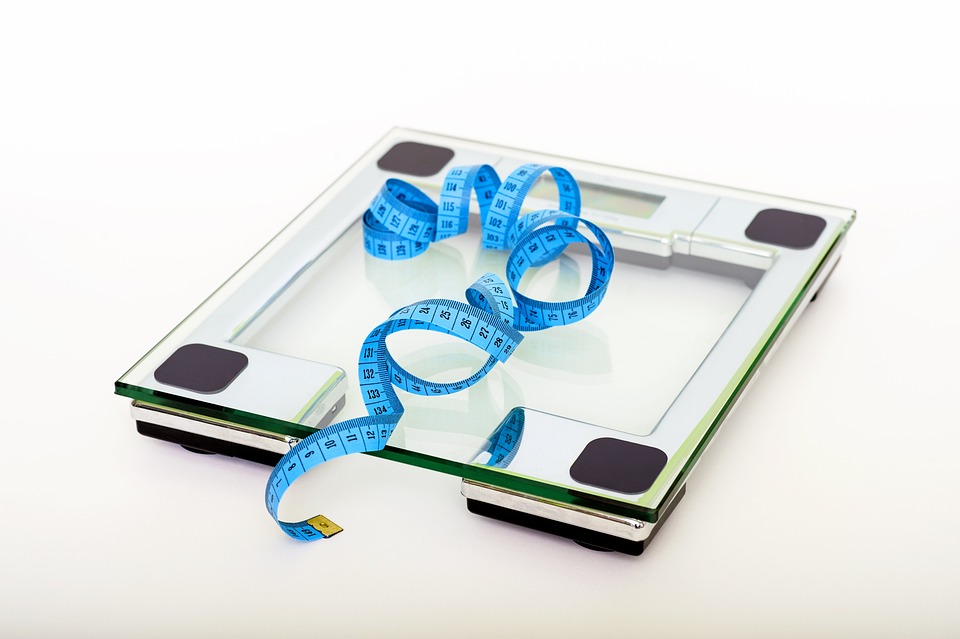You’ve been losing weight and feeling great. And then – you hit a plateau. It can feel so frustrating. Here are some facts to know about weight loss plateaus and a few ideas to help you get unstuck.

Plateau Facts
- Weight loss plateaus and weight regain are common. It is more likely to happen when you follow a drastic diet. Weight loss is steadier when you have an eating plan that you really enjoy and can stick to for life.
- Physical changes can make it hard to lose weight. It is not just a matter of willpower or not eating the right foods. As you lose weight, your body’s metabolism slows down. Your appetite increases. Your body is working against you.
- If you eat too few calories, you are more likely to binge. It can be tough to find the right balance. The answer when hitting a plateau is not always to eat less. It may be about finding the right balance of healthy foods to help you feel full.
Tips to Help You Move Through a Plateau
- Be kind to yourself. If you beat yourself up, you may be more likely to give up and the plateau can turn into weight regain. Just know, plateaus are a natural part of weight loss.
- Focus on foods with more fiber. The fiber found in vegetables, fruits, legumes, whole grains, nuts, and seeds; will help you feel fuller.
- Choose more whole foods and fewer processed foods. Meal plans with whole foods in their natural form are linked to better weight loss outcomes. Are there any easy ways to swap processed foods in your diet for less processed choices?
- Talk with your healthcare provider. Some medicines can make weight loss harder. Talk with your healthcare provider to see if there are any changes that might help.
- Do a variety of physical activities. Try different kinds that help build muscle. Building and maintaining muscle helps burn more calories.
- Revisit your goals. A realistic weight loss goal is between 1/2-1 pound a week. Make sure your meal plan is not too low in calories – slowing your metabolism.
- Monitor portions and eating times. Are your portions getting bigger, are you eating more often? Limiting eating times and getting back to measuring foods can be helpful.
- Be more mindful. It is not always about what you eat – but how you eat. Slow down. Eat without distraction. Focus on the enjoyment of food – savor each bite.
- Seek support. Your journey to better health is easier when you seek and accept support from those around you.